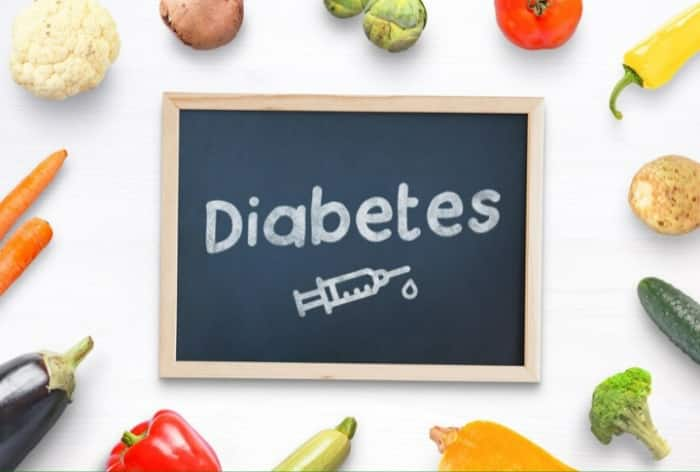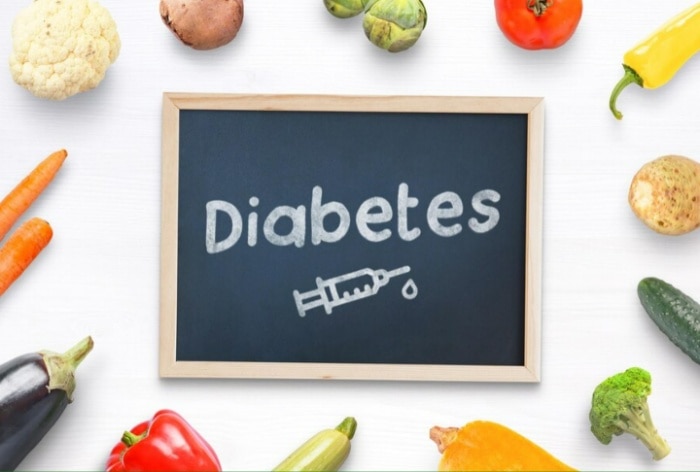Living with diabetes can be tricky when it comes to diet, what to eat and avoid. Here are few foods that diabetics must avoid to reduce blood sugar spike in rainy season.

As the rain pours, the smell of fresh earth surrounds the room. This the is the season when the freshly made fritters, a sip of hot beverage is all you need to make your day wholesome. Afterall, good music, smell of pakodas and chai is irresistible. But, this is not always great for the health. For people living with diabetes, managing diet is one of the challenging aspects. Succumbing to such guilty pleasures can have adverse affect on health.
Here are few foods and drinks that one should avoid when having diabetes as this could cause sudden blood sugar spike.
Diabetes Diet: 5 Foods To Avoid
- Fried Snacks: Pakodhas, vadas, and other deep-fried snacks are commonly consumed during the monsoons. These fried items are high in carbohydrates and unhealthy fats, leading to a rapid increase in blood sugar levels.
- Sugary Beverages: Sweetened tea, coffee, and cold drinks are popular during the rainy season. These beverages are loaded with added sugars, which can quickly spike blood sugar levels.
- Sweetened Chutneys and Pickles: Chutneys, pickles, and other condiments may contain high amounts of sugar, causing a blood sugar spike. It’s important to opt for unsweetened or low-sugar versions of these items.
- Refined Carbohydrates: Dishes made with refined flours, such as puris, parathas, and white bread, can quickly raise blood sugar levels.These foods are high in carbohydrates and low in fiber, leading to a rapid glucose absorption.
- Sweets and Desserts: Traditional monsoon-specific sweets, like jalebi, gulab jamun, and rasgulla, are high in sugar and carbohydrates. Consuming these in moderation or opting for healthier alternatives is crucial for diabetes management.
To maintain stable blood sugar levels during the monsoon season, individuals with diabetes should focus on the following:
- Choosing whole, unprocessed foods
- Incorporating fiber-rich options like vegetables, whole grains, and legumes
- Limiting consumption of fried, sugary, and refined carbohydrate-rich foods
- Staying hydrated with water, unsweetened tea, or infused water
- Monitoring blood sugar levels regularly and adjusting medications or diet as needed
By being mindful of these high blood sugar-spiking foods, individuals with diabetes can better manage their condition and enjoy the monsoon season while keeping their health in check.

